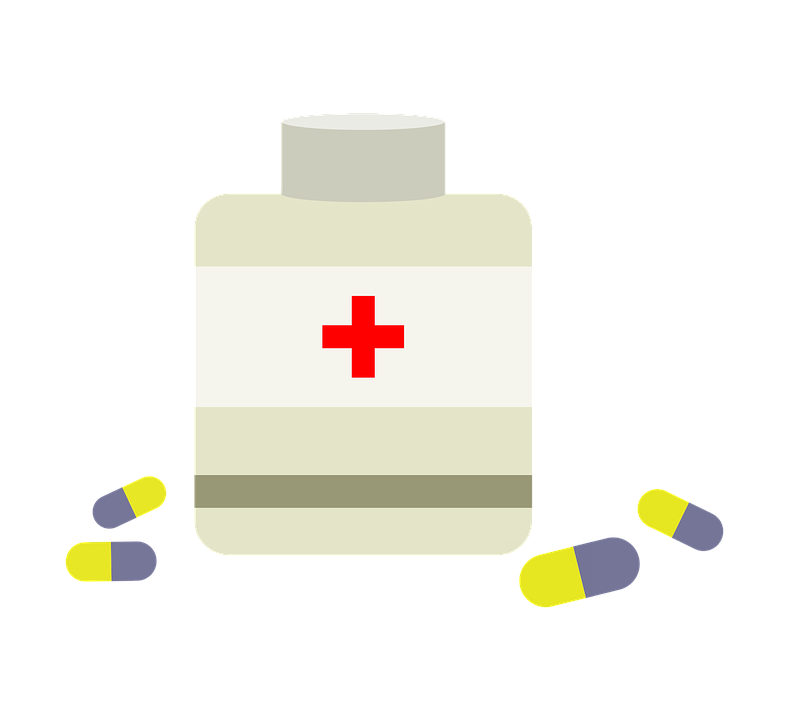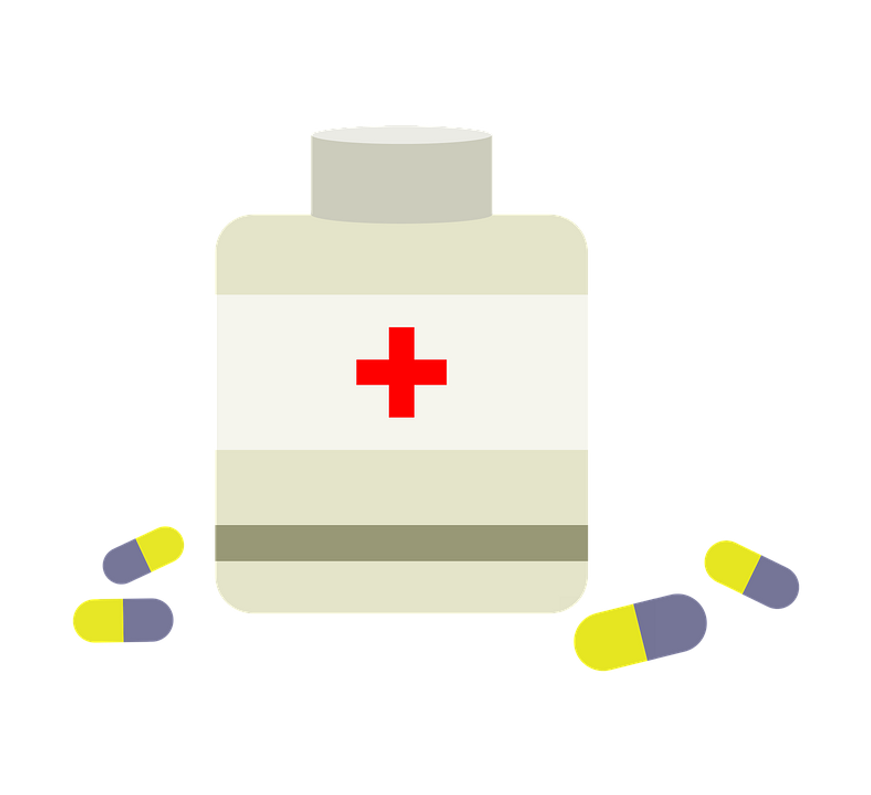The Truth About Daily Aspirin And Why It's a Bad Idea

Millions of Americans take aspirin on a daily basis, believing it will reduce their risk of stroke. Also known by its medical name acetylsalicylic acid(ASA), aspirin is a multipurpose medication that's used to treat pain and inflammation. Because of its ability to reduce inflammation in the body, some people assume will it lower their risk of stroke when taken daily. However, you should think twice before starting a daily aspirin regimen. While it may sound like an effective way to lower your risk of stroke, it poses some serious health risks.
What Health Officials Say About Daily Aspirin
In the past, health officials actually recommended a daily aspirin regimen for adults who had either experienced a stroke or who were at risk for stroke. As a result, millions of people began taking a daily aspirin. But it appears that health officials have since changed their tone on daily aspirin. According to new guidelines released by the American Heart Association (AHA) earlier this year, daily aspirin should only be taken by young adults under the guidance of their physician.
Why Daily Aspirin Is a Bad Idea
So, why is daily aspirin a bad idea? Unless you're a young adult who'd been prescribed a daily aspirin by your physician, taking this drug on a daily basis poses some serious health risks. The biggest risk associated with daily aspirin is bleeding of the digestive tract. Aspirin works by thinning the blood. When this occurs, blood is more likely to "leak" from the digestive tract.
How to Lower Your Risk of Stroke
If you want to lower your risk of stroke, consider making lifestyle changes focused on dieting and exercise. Eating the right foods and performing the right amount of exercise promotes a healthy heart while lowering your risk of stroke in the process. Unfortunately, statistics show only one-quarter of Americans get enough exercise. As a result of their sedentary lifestyle, they have a higher risk of stroke.
Adjusting your diet so that it's low in saturated fat and high in unsaturated fat also promotes a healthy heart. Saturated fat increases the risk of stroke, whereas unsaturated fat decreases the risk of stroke.
Of course, young adults who've either had a stroke (or heart attack), as well as those at risk for stroke, can continue taking a daily aspirin. Even with its increased risk of digestive bleeding, a daily aspirin regimen can still protect against future strokes by thinning the blood so that it doesn't clot as easily.
Recent Posts
-
Fire Safety in the Workplace: What You Need to Know
What steps are you taking to prevent fires in your workplace? According to the U.S. Occupational Saf …Aug 23rd 2023 -
Is It Safe to Go Jogging With a Cold Infection?
If you're suffering from a cold infection, you might be wondering whether it's safe to go jogging. T …Aug 22nd 2023 -
5 Safety Tips to Follow When Using a Powder-Actuated Tool
Powder-actuated tools are commonly used to join materials to steel and concrete. Also known as Hilti …Aug 20th 2023




